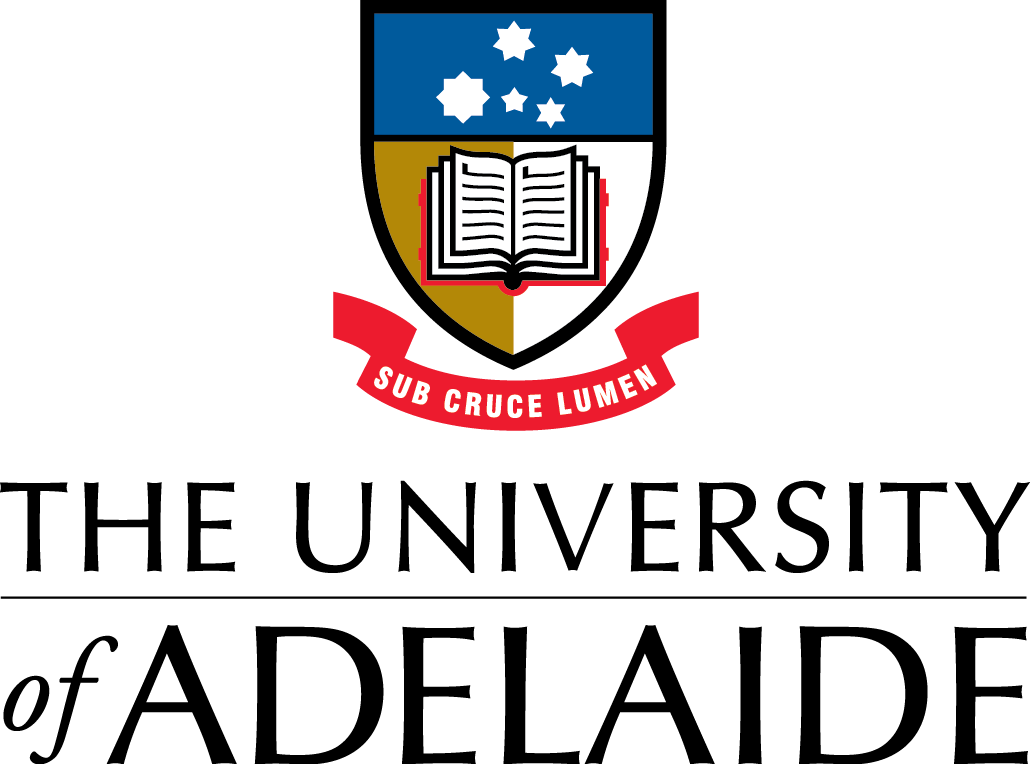Introduction to NGS Data

Course Homepage
April 2019
This project is maintained by UofABioinformaticsHub
Introduction and Setup
Introduction
General Information
Thank you for your attendance & welcome to the Introduction to NGS Data Workshop. This is an offering by the University of Adelaide, Bioinformatics Hub in conjunction with other local bioinformaticians, operating as the Bioinformatics Interest Group of SA (BIG-SA). The Bioinformatics Hub is a centrally funded initiative from the Department of Vice-Chancellor (Research), with the aim of assisting & enabling researchers in their work. Training workshops & seminars such as this one are an important part of this initiative.
Some additional resources run by the Bioinformatics Hub which may be of interest beyond today are:
- A University web-page at http://www.adelaide.edu.au/bioinformatics-hub/
- To be kept up to date on upcoming events and workshops, please join the internal Bioinformatics mailing list on http://list.adelaide.edu.au/mailman/listinfo/ bioinfo
- A Twitter account https://twitter.com/UofABioinfoHub/
- An active Slack team for discussing Bioinformatics questions with the local community. Slack teams do require an invitation to join, so please email the Hub on bioinf_hub@adelaide.edu.au to join the community. All are welcome.
Today’s workshop has been put together by Jimmy Breen, Steve Pederson and Dan Kortschak. We hope it will be useful in enabling you to continue and to advance your research.
Course Summary
Next-generation sequencing (NGS) has become an important tool in assessing biological signal within an organism or population. Stemming from previous technologies that were costly and time-consuming to run, NGS platforms are relatively cheap and enable the investigation of the genome, transcriptome, methylome etc at extremely high resolution. The high-throughput of these machines also has unique challenges, and it is important that scientists are aware of the potential limitations of the platforms and the issues involved with the production of good quality data.
In this course, we will introduce the key file types used in genomic analyses, illustrate the fundamentals of Illumina NGS technology (the current market leader in the production of sequencing data), describe the affect that library preparation can have on downstream data, as well as running through a basic workflow used to analyse NGS data.
Today’s Instructors
Today your helpers will be
- Steve Pederson (Bioinformatics Hub)
- Dan Kortschak (Bioinformatics Hub)
- Cuong To (Bioinformatics Hub)
- Jimmy Breen (Bioinformatics Hub / Med School / SAHMRI)
- Nathan Watson-Haigh (Bioinformatics Hub)
- Ning Liu Bioinformatics Hub / Med School)
- Nhi Hin (Bioinformatics Hub)
- Sabrina Ng (School of Biological Sciences)
- Lloyd Low (School of Animal & Vet. Sciences)
- Rick Tearle (School of Animal & Vet. Sciences)
- Terry Bertozzi (SA Museum)
- Justin Bogias (Bioinformatics Hub / Med School)
Recommendations For Working
In the following pages, we strongly encourage you to manually type all commands. The mistakes you will inevitably make will actually be important learning steps. Additionally, in your work beyond today, you will probably not have any instructions to follow. The experience of typing these commands will equip you for future work far better than if you simply copy & paste.
Some non-compulsory sections are also included and we have indicated these with the phrase Advanced material. Skipping these sections will not disadvantage you at all, as these only proved additional information for those working more quickly or with a little prior experience.